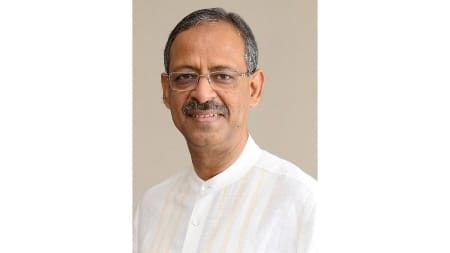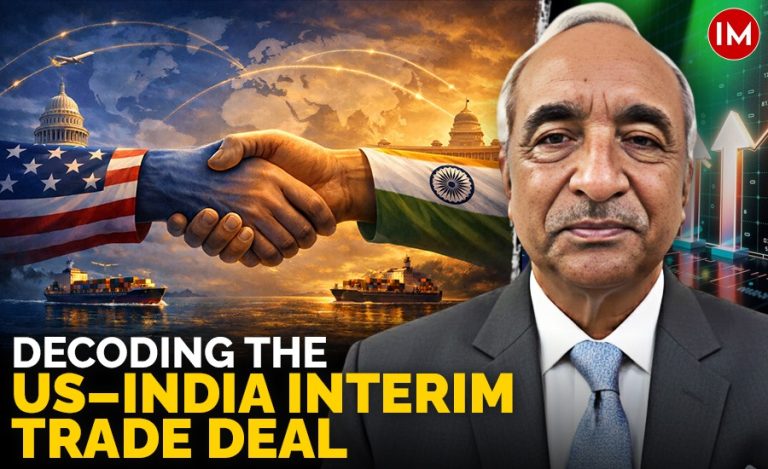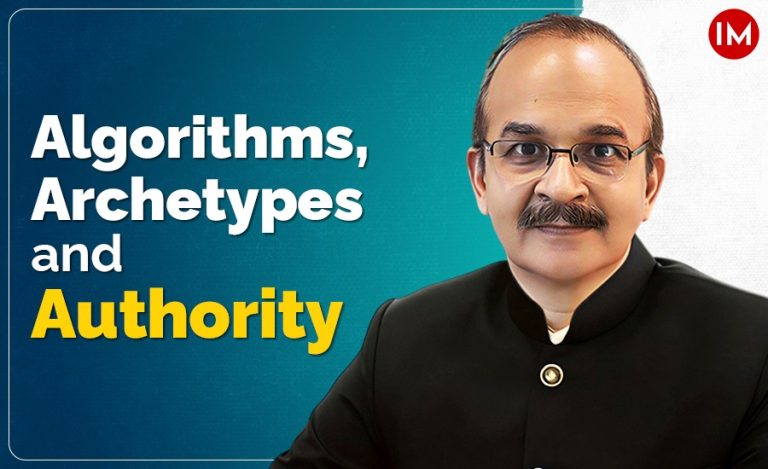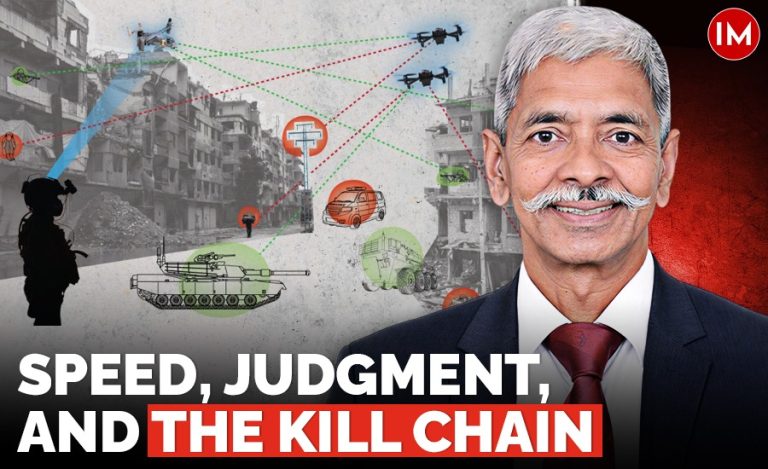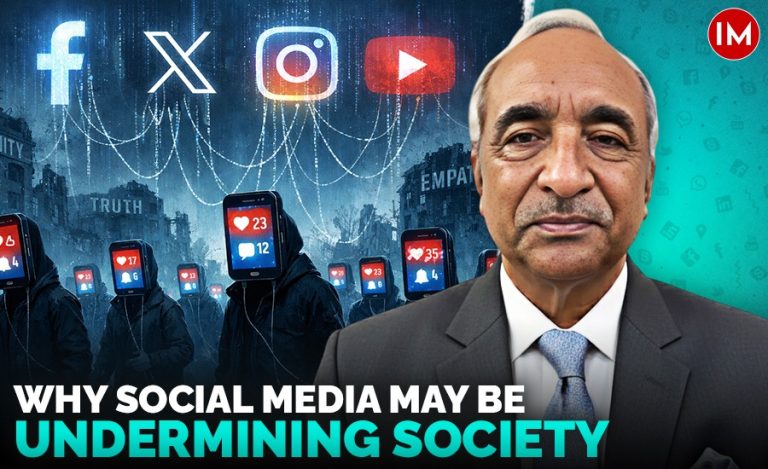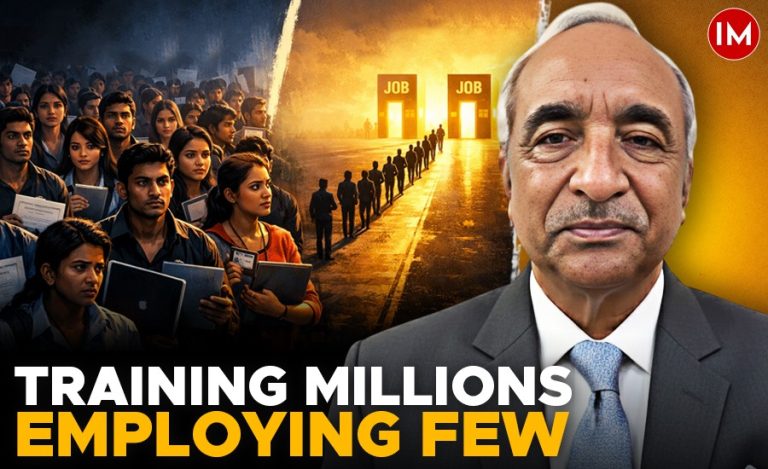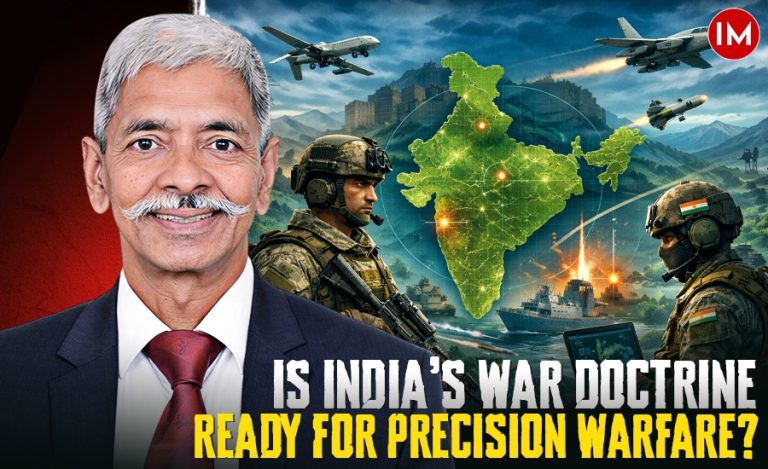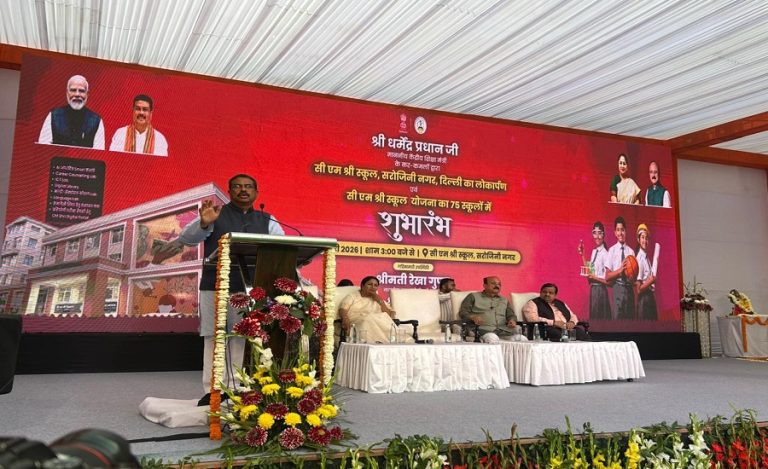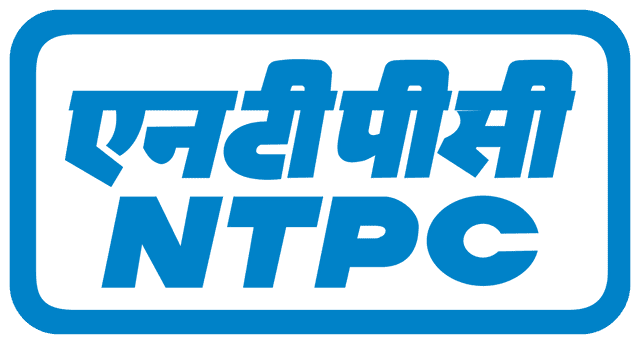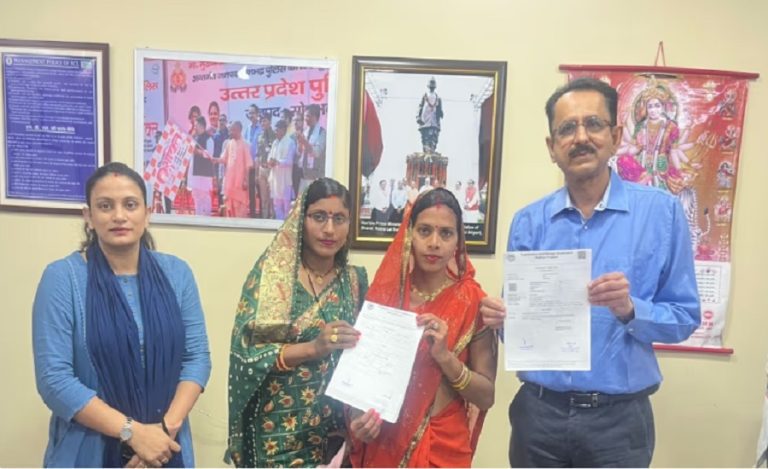I was perhaps fortunate to have worked with some outstanding officers during my career in the Indian Administrative Service (IAS) that lasted for 37 years. There were indeed a few “rotten apples” but that is to be expected in such a huge cadre. I say fortunate because when I exchange notes with my colleagues, many of them have a totally different view about the service of which they are/were a part.
And, that is where the problem lies with the service. A number of officers believe that majority of IAS officers are corrupt or inefficient or both. Now, as the saying goes, if you don’t believe in yourself, how can the others believe in you? I have found it difficult to believe this and, perhaps, I am out of sync. Having worked with the likes of Mr Raj Bhargava, Mr S N Acharya, Mr. Yogendre Narain, Mr Sushil Tripathi, late Mr V K Mittal, Mr V K Dewan, Mr. Vinod Malhotra, Mr N L Lakhanpal, Mr K M Sahni, late Mr S Krishnan, Mr Mrityunjay Sahoo and Mr Anurag Goyal I find it extremely difficult to accept that majority of the IAS officers are corrupt/inefficient.
I had a different experience altogether. Yes, in between, I did run into a few corrupt/inefficient bosses but that was more of by way of exceptions. I was also lucky to come across a large number of IAS officers that included the likes of Ajay Bhalla, V P Joy, Vivek Bharadwaj, Anita Karwal, Santosh Mathews, Rajesh Sinha, Sanjay Kumar and Manish Garg whose credentials I could vouch for.
In fact, I can vouch for all IAS officers that worked directly with me without exception. In my capacity as Secretary to Government of India, I had the occasion to intensively interact with IAS officers who were posted in the States. The likes of Vikas Sheel (Chattisgarh), Nand Kumar (Maharshtra), Ajay Seth (Karnataka), Roli Singh (Rajasthan), A P Singh (Jharkhand), Dr Dinesh Arora (Kerala) are just a few in a long list of those that will make anyone proud.
When I take a look at my own batchmates (1981), barring a very few exceptions, almost all of them have done extremely well as officers. Most of them were not only honest but also performed brilliantly wherever they were posted.
THE PROBLEM
Then what is the problem? In a conversation with a retired officer from Karnataka who was being wrongly hounded by the CBI, I was shocked to learn from her that in her opinion 75% officers from her cadre were corrupt. If that is the perception carried by an officer who is herself being harassed by the CBI, who can help the IAS?
I listed out a few names of officers from the cadre who I knew and asked her whether in her understanding they were corrupt. Barring one officer, she thought the others were above board. Herein lies the problem. Yes, there are indeed corrupt officers in the IAS but quite a few of us would like to believe that except they themselves most of the others are corrupt.
I tried this with a journalist who I respect and admire. Even he said that 80% of IAS officers in UP are corrupt. I took up the gradation list and went through the names. There was no proof being sought here. I was just ticking those who he perceived as corrupt. He couldn’t identify more that 25% that he thought to be corrupt. Even 25% is a high number and corruption amongst the premier civil service is a serious concern.
It needs to be tackled but if 80% of the IAS officers are corrupt, as some insiders and outsiders allege and believe, then there obviously no redemption. Perhaps this high percentage is on account of visibility of corrupt of officers that leads to an erroneous generalization.
SELF-BELIEVED HONEST
Apart from this pervasive self-doubt, there is another category of officers who believe that except them, all others are dishonest. As I outline in my book, “Ethical Dilemmas of a Civil Servant”, “There are honest officers who think that the entire world around them is falling apart. They then take upon themselves the task of cleansing the system. They smell a rat in every file. They revel in being recognized by many as crusaders against the dishonest. Their professional achievements being the trophies of the victims of their crusade”.
One such officer actually challenged me to give the name of a single honest officer. When I gave him a list of such officers, he said he didn’t know them. That is indeed the problem. In our obsession with “dishonest officers” (there are indeed few of them) we tend to ignore the honest ones.
Another problem is that most of the officers are individually brilliant. The same cannot be said about their leadership qualities. They want to outshine others and would not want to believe that others can also do well. Some do evolve as leaders but that is more of an exception.
NO COMMON ETHOS
Contrary to the perception in the outside world, there is no common ethos of the IAS. There are no written or un-written dos and don’ts or code of behavior that sets them apart from others. At a personal level, they are indeed helpful to each other but that can’t be said of them as professionals.
The idea of the IAS was perhaps to connect with each other professionally as well. The PM had to point it out time and again in his speeches and had to take initiative to get the Secretaries to work together as a team. There was no such ethos in the IAS.
In fact, most of the IAS officers are left to fend for themselves. It is only in rare cases like that of Mr H C Gupta that support comes from a large number of officers, perhaps because of his credentials. There is no formal or informal institutional arrangement for putting up a joint defense of an officer who is being harassed.
THE SOLUTION
So, what is the way forward? It has to begin with the selection of officers. The UPSC is one of the finest institutions in the country and above board. However, it selects brilliant individuals and not potential leaders. Today there are tools available to select such persons.
Then, the training will have to undergo a transformation. Officers will have to be trained not merely to acquire more knowledge but evolve as a leader with a shared ethos of team-work, integrity and efficiency. The officers will have to take pride in the service and their “buddies” as well. This gets done substantially in the training of army officers.
There is indeed a lot to learn on how that can be replicated. Mentorship is the key to keeping the officers on track and to lend them a helping so that they don’t go astray. It will also help sustain the ethos of the service. Corruption can’t be tackled by merely making allegations against colleagues privately. Technology can help big time. There are many more things that can be done but to begin with these steps will help.
(Author is a former UP Cadre IAS officer, having served the Union Government as Coal Secretary and School Education Secretary)

